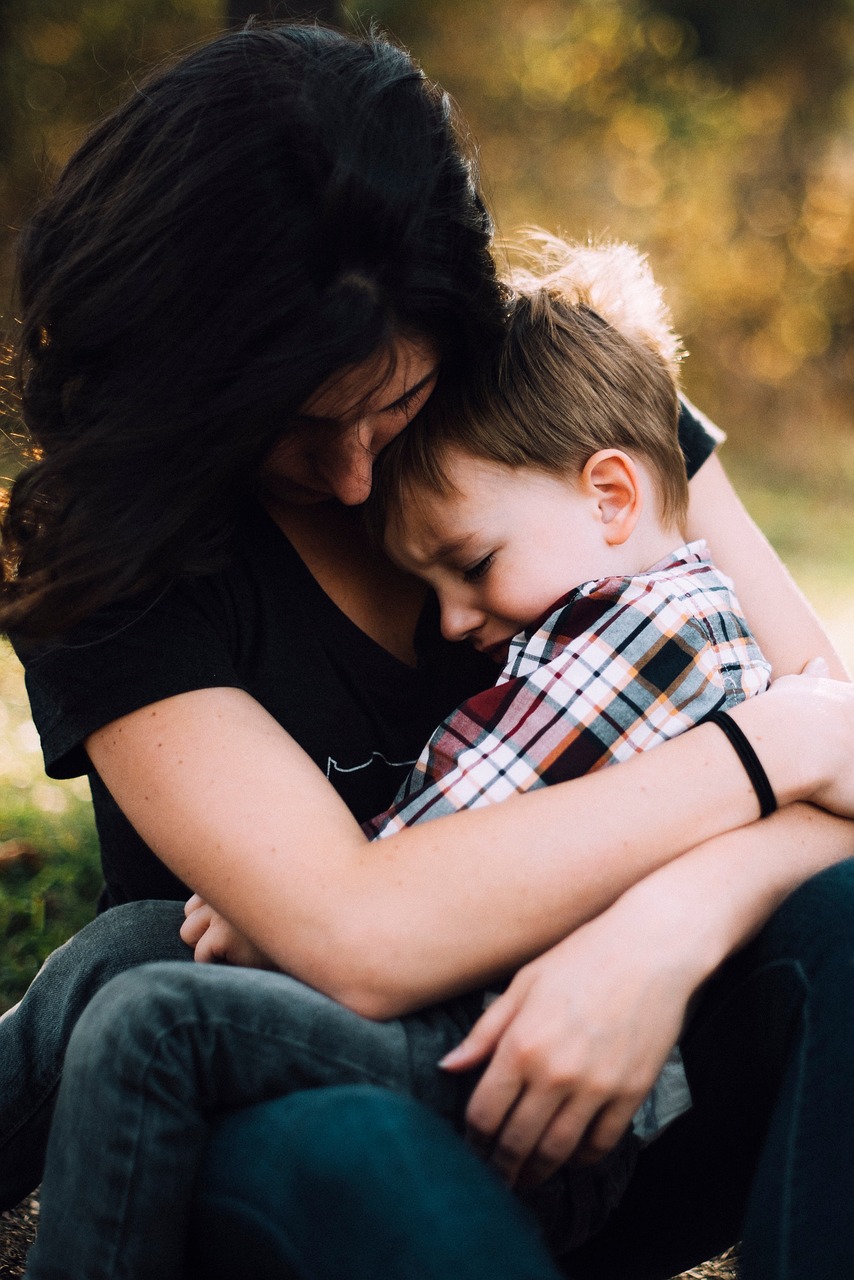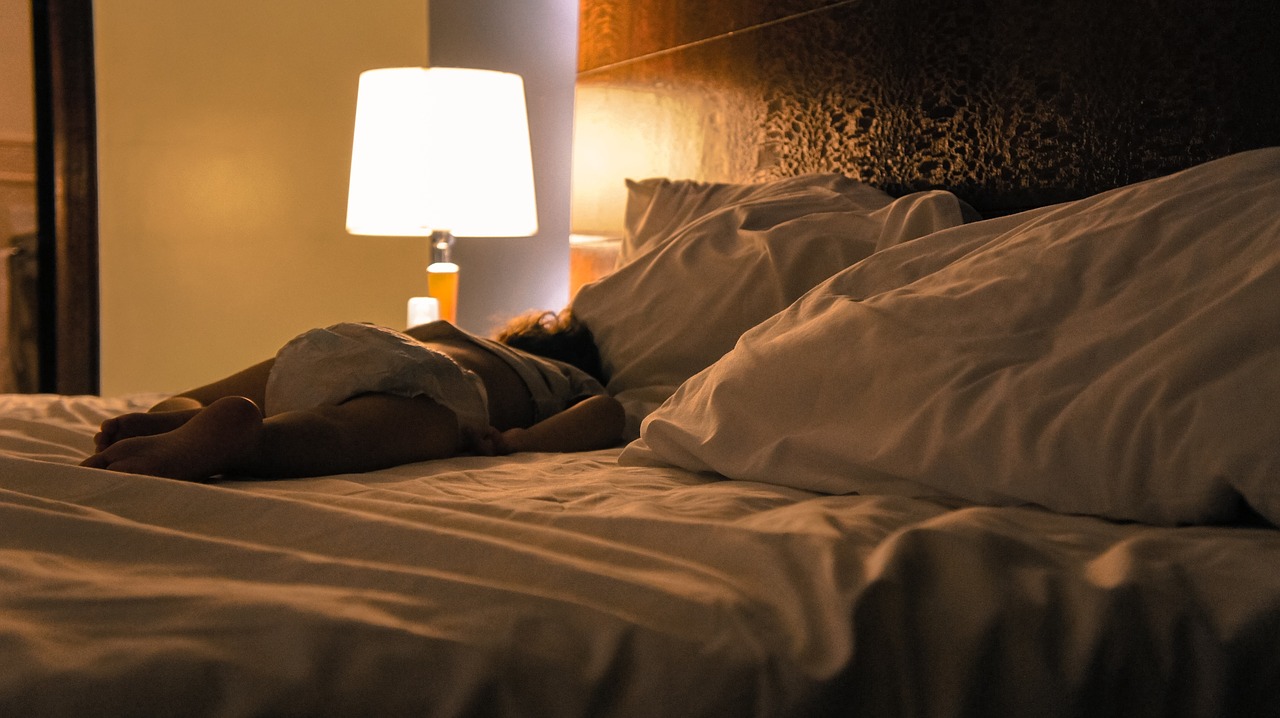Sleep is such an important piece of the jigsaw when it comes to our health and well-being. When your child isn’t sleeping well, it affects the whole family. Functioning on little or no sleep is tough, particularly when you have to work. So, as parents we’re always looking for tips and advice to help improve our children’s sleep.
This article written by Lauren Peacock from Little Sleep Stars is full of tips and advice about how to do just that. It was written at the start of 2020 when Covid was just starting to take over our lives.
Working with families to gently improve sleep in babies and children, Little Sleep Stars was founded by former lawyer, Lauren, following her own journey with a sleepless child. Lauren’s obsession with how and why children sleep the way do became a passion and then a fully-fledged career-change.
Underpinned by the most rigorous and in-depth training available in the field of paediatric sleep, Lauren approaches sleep on a whole-child basis. It’s only with a thorough understanding of issues such as sensory-processing, anxiety and infant-feeding that a truly gentle, holistic and respectful sleep solution can be arrived at.
Lauren’s blog Little Sleep Star Stories is full of tips on how to support and improve your child’s sleep. You can find her on Instagram.

How to improve your child’s sleep
We’re living in unprecedented times. Many families now have their children at home full-time. For those still attending school, life is definitely different to normal. Even at this early stage of what could be a very long road, I’m hearing from a huge number of families who’re finding that sleep is one of the many things to have gone off-track since social-distancing measures took hold.
Challenges appear particularly prevalent in those children who are currently in Early Years and Key Stage One, who will be the focus of this article.
The challenge of sleep
National emergencies aside, children in the four to seven age bracket often go through bumpy periods with sleep. Frustrating as this can be for parents, periodic sleep-disturbance as children grow, develop and change, is entirely normal. Common culprits for interfering with sleep around this age are:
Anxiety
No-one likes to think of their child being anxious. Yet all children go through entirely normal bouts of separation anxiety without it being cause for alarm. When children experience a more generalised anxiety, sleep disturbance is often the first and/or, most obvious indication.
Big transitions, such as starting school or the shift from Reception into Year One, often unsettle children. Some will feel this particularly acutely. Similarly, the demands of school, social participation and separation from a primary caregiver are manageable for some children but have a more profound impact on others.
A child who has previously fallen asleep independently but begins to seek an increased level of parental involvement in settling to sleep, may genuinely need that support. Handled sensitively, these phases tend to pass fairly quickly. When sleep disturbance including difficulty settling to sleep, nightmares, frequent night-waking and/or daytime tiredness appear in young children, it is always worth considering anxiety as the driver. This is especially so if other signs such as teeth-grinding, digestive distress, frequent urination, sensitivity to noise, muscle tension or sweating are also present.
The current climate is undoubtedly worrying and I would advise parents to be careful around the messages children are receiving about COVID-19. When a child hears, “it’s just a bad cold”; “coronavirus is killing thousands”; “it’s only old people who are dying”; “we’re all going to get it at some point”, those messages can assimilate to a lot of worry for a developing brain. Children may lie awake worrying that they, or their family members, will catch this “cold” and die.
Families should be particularly careful around exposure to television as studies show that indirect exposure to harrowing events can trigger anxiety and even PTSD in children who are vulnerable. Especially where the traumatic event involves a child of a similar age.
Given the increasingly severity of the COVID-19 position and our 24/7 news culture, social isolation offers an opportunity to exercise a level of control over messaging. I always suggest age-appropriate truth supported by emotion coaching and strong modelling of emotional regulation. In that regard, we can see these hard times as an opportunity to help our children to build their own resilience.

Over-tiredness
We don’t typically think of four-and-five-year olds needing to nap. But some really aren’t ready to go through the full day without sleep. This is commonly the case for children with challenges around sensory-integration, who often have a higher sleep than is average for their age.
When a child aged three or older is either unable or unwilling to nap, I often advise parents to have designated “quiet time” immediately after lunch. Around one hour of calm, quiet play away from screens, which might include reading, jigsaws, puzzles or lying down listening to audio books.
Whilst the traditional school day offers little to no opportunity for this structure, with the middle of day usually spent tearing around the playground, home-education enables the day to be structured in a sleep-supportive way. For children used to an educational or childcare environment, working to a schedule of sorts may also be helpful to keep them feeling settled and secure.
Whilst I am not advocating attempting to replicate the school day or sticking rigidly to some of the very specific timetables, for younger children, having a broad plan and flow to the day can make things feel less overwhelming.
Whilst our adult perspective may see having the whole day to play with whatever and whenever takes their fancy as a treat, for little ones this can be daunting. This leads to poor concentration and difficulty around transitions. Many children find a visual timetable reassuring, as well as being fun to make!
Nutrition
What children eat, and when they eat it, can have a surprising impact on their sleep. Foods which are known to support sleep include: almonds, bananas, cherries, kiwi, milk, papaya, spinach, sweet potato, turkey and whole-wheat pasta. So if you can get your hands on them, incorporating some of the foods into your child’s diet give them the best chance of sleeping well. By contrast, avoiding caffeinated drinks, chocolate, tomatoes, aubergine, aged cheeses, dried fruits and fatty or spicy foods, especially late in the day, can also help. They all contain substances that are either stimulating or hard to digest.
Occasionally, sleep challenges in children are driven by low-levels of some vitamins and minerals. Vitamins B12, C and D, iron, calcium, zinc, potassium and magnesium are particularly important. With many families currently trying to juggle work commitments whilst having children at home, batch and/or slow-cooking can be effective ways to keep mealtimes sleep-supportive. In addition, and especially if children are spending an increased amount of time indoors, a family may wish to consider a good-quality and age-appropriate supplement, particularly for Vitamin D.
Whilst these challenging times have many characteristics likely to unsettle sleep, they do also present opportunities to improve it. And in times like this, we have to take the positives!

Click here to read more article about improving your child’s sleep.



